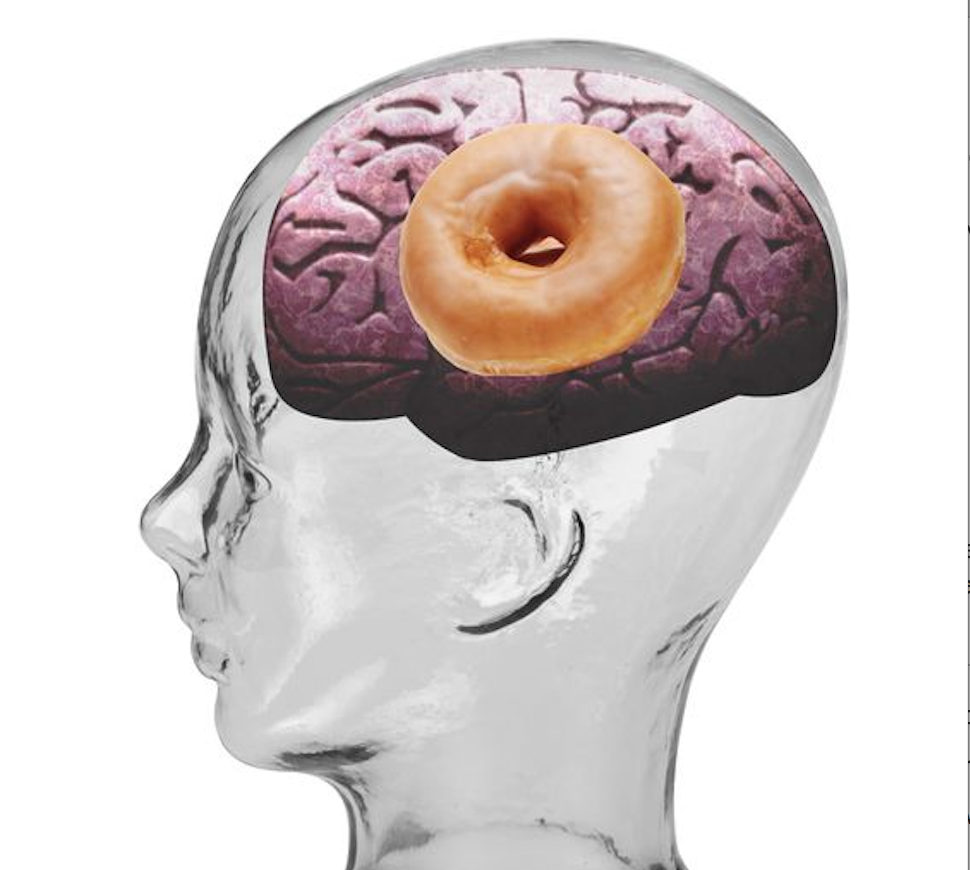Two Sides of the Story Alzheimer’s
Type 3 diabetes is another name given to Alzheimer’s disease which results from insulin resistance in the brain. Although it has not been embraced with welcoming hands by the medical fraternity, certain studies and research have pinpointed the occurrence of a new diabetes form after finding that insulin resistance can happen in the brain. Type 3 diabetes is more common though many are still unaware of its existence and many cases have been misdiagnosed as Type 2 diabetes. The researchers convey the fact that resistance to insulin and insulin-like growth factors are involved in the progression of the Alzheimer’s disease. While type 1 and type 2 diabetes are characterized by hyperglycemia (elevated blood sugar levels), research tells that Alzheimer’s disease can develop without any hyperglycemia in the brain. Who is at an Increased Risk of Alzheimer’s? People who have insulin resistance, especially those with type 2 diabetes, are at an increased risk of Alzheimer’s (almost at a 50% to 65% greater risk). Researchers tell that a protein called amyloid beta is common in people having type 2 diabetes (protein in pancreas) and in those suffering from Alzheimer’s disease (protein in the brain). Pancreatogenic Diabetes This diabetes form involving the exocrine and the digestive functions of the pancreas is still under research. It seems that, of all the diabetes forms, 5-10% might actually be type 3 diabetes. This diabetes form affects the pancreas’ ability to produce insulin and also the body’s ability to properly digest food. There might be no initial symptoms and the diabetes form might manifest itself 10 years after damage to the pancreas is done. While pancreatic disease, pancreatic resection and chronic pancreatitis might be the cause of type 3 diabetes, it is said to be chronic pancreatitis in 80% of people who suffer from this condition. Quitting smoking, restricting alcohol consumption, eating a fiber-rich diet and limiting fat intake can help manage the disease. Maintaining sufficient vitamin D levels can also help manage the disease. Vitamin D is rarely found in foods and to get the complete list of foods that contain this rare nutrient, please visit the website www.firsteatright.com. Comments are closed.
|
AVOID FRAUD. EAT SMART.+91 7846 800 800
AuthorDietitian & Nutritionist Dr. Nafeesa Imteyaz. Archives
July 2024
Categories
All
Dr. Nafeesa's Blog @blogspot |
- Home
- Written Testimonials
- Consult
- Clinics
- Blogs
-
Diet & Nutrition
- Diabetes Reversal
- IVF IUI not needed for PCOS PCOD Infertility
-
Medical Nutrition
>
-
Disease & Conditions
>
- Infertility | PCOS
- Diabetes Mellitus
- Cholesterol
- Hypothyroid
- Kidney Problems
- Hypertension
- Cardiovascular Diseases
- Liver Diseases
- Gastro intestinal disorder
- Cancer
- Metabolic Disorders
- Orthopedic Disorders
- Eating Disorders
- Dietary Recall
- Weight Record Filled By Clients
- Online Payment Transaction Details
- Online Clients Weight Check Form
- Our Program Package Service Charges
- Weight Record 2017 Clients
- Measurements sent by Clients
- Terms & Conditions Of Payment
- Thanks. Your Form is Submitted
- Video Testimonials
- Lifestyle & Wellness
- Lifestyle & Wellness Blog
- Allergy & Intolerance
- Weight Loss / Gain
- Weight Loss / Slimming Blog
-
Disease & Conditions
>
- Life Cycle Nutrition >
- Sports Nutrition >
- Integrity in Nutrition
- Knowledge Centre
© COPYRIGHT 2022. ALL RIGHTS RESERVED. FRST HEALTHCARE PVT LTD.
Dr. Nafeesa Imteyaz of First Eat Right clinic, is the Best Dietitian Nutritionist in Bangalore. Best Dietitian Nutritionist in Pune. Best Dietitian Nutritionist in Hyderabad. Best Dietitian Nutritionist in Chennai. Best Dietitian Nutritionist in Mumbai. Best Dietitian Nutritionist in Delhi. Best Dietitian Nutritionist in Kolkata.


